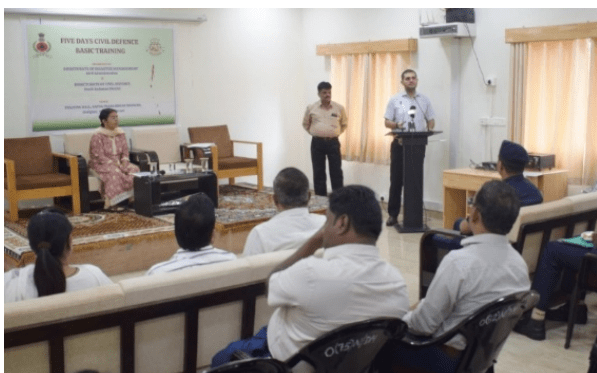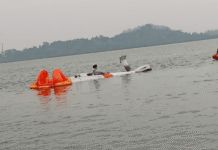A comprehensive five-day Civil Defence training programme kicked off on July 8 in Sri Vijay Puram with the aim of equipping a fresh batch of volunteers with crucial disaster response skills. Organized by the Directorate of Disaster Management in collaboration with Civil Defence, South Andaman, the training seeks to create a cadre of first responders ready to assist in emergencies across the islands.
Held at the Aapda Prabandhan Bhawan in Goalghar, the training targets the first batch of Civil Defence Volunteers (CDVs) selected for their role in grassroots-level preparedness. With natural disasters being a recurrent challenge in the archipelago, authorities say local volunteer engagement is a key part of long-term resilience planning.
The inaugural session saw participation from senior officials of the district administration and subject experts. The Deputy Commissioner, who also serves as the Director (Civil Defence), stressed that trained volunteers are essential to ensure immediate and coordinated responses during disasters. He emphasized that civil defence isn’t just about emergency aid but involves psychological readiness and structured coordination.
The event also featured brief addresses from department heads and resource personnel, including the Director (Disaster Management), who acknowledged the role of multiple departments and NDRF personnel in bringing the initiative to life. The training includes technical sessions from officials of the Disaster Management and Health Departments, covering modules such as first aid, rescue methods, coordination protocols, and handling community-based emergencies.
Over the next five days, CDVs will undergo hands-on training and interactive sessions aimed at simulating real-life disaster scenarios. The focus is not only on individual preparedness but also on enabling volunteers to take leadership roles within their communities during crises.
Officials believe this decentralized model can significantly reduce casualties and damage when disasters strike. A robust community-based response, they argue, complements institutional disaster management frameworks and allows for faster outreach in remote areas.
The programme also aligns with the national agenda of building a disaster-resilient India through local empowerment. With Sri Vijay Puram and surrounding regions vulnerable to coastal hazards, cyclone threats, and occasional seismic activity, equipping citizens with structured training becomes all the more critical.
Participants expressed enthusiasm about gaining life-saving skills and contributing to the safety of their communities. Many of them see the training as a stepping stone to deeper engagement in public service, particularly in emergency relief and response.
The Directorate has confirmed that more batches will be trained in the coming months to expand the volunteer base and maintain readiness across various administrative zones. The sessions, running until July 12, are expected to culminate in a practical demonstration and debrief that evaluates trainee performance.





